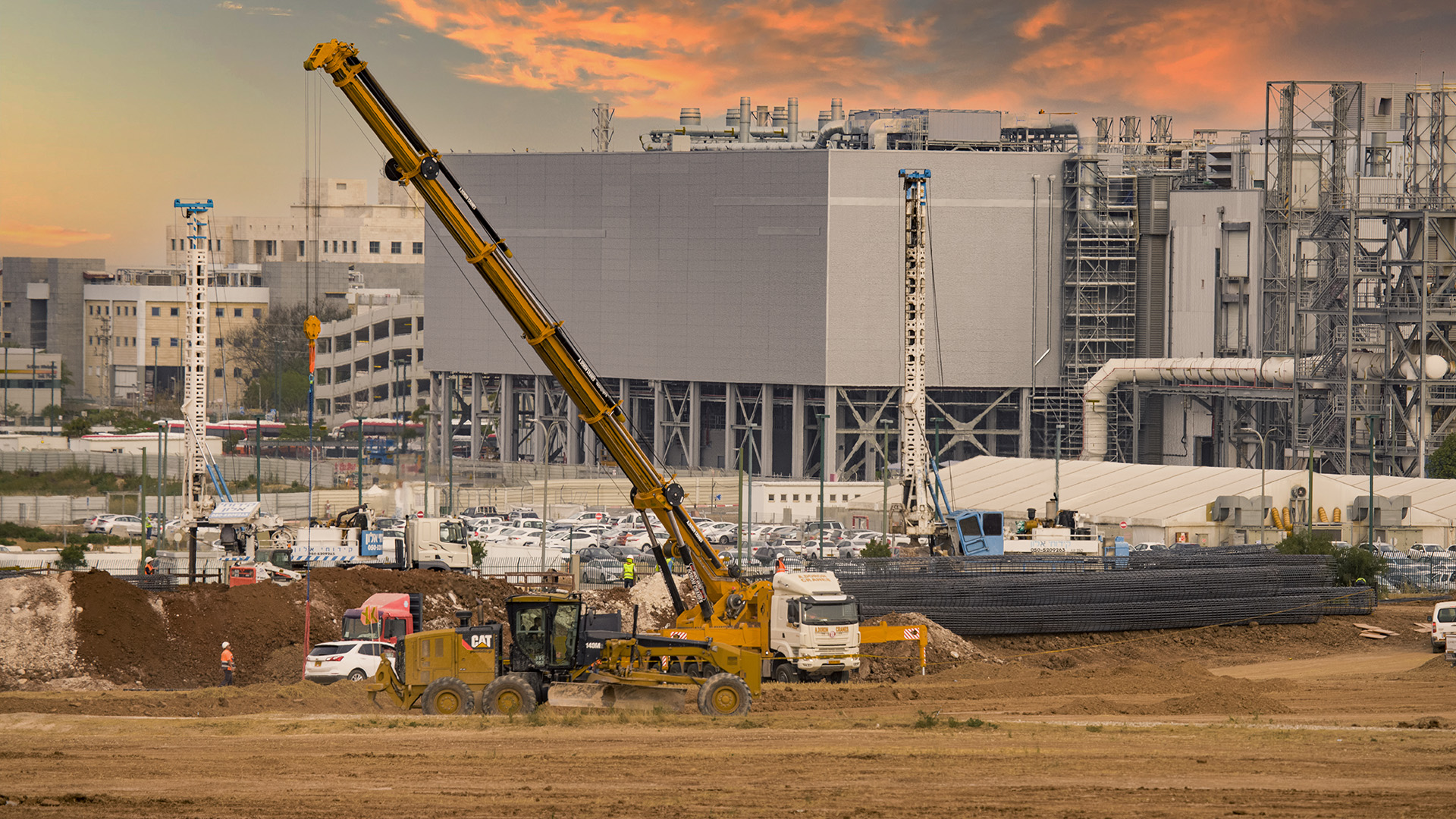
Billions for expansions in Germany and Israel.
Intel’s capital investment spree is showing no signs of slowing down. The company has announced its latest plans including a 30 billion euro plan to bring cutting-edge chipmaking capacity to Germany. News of the German plan comes after Israeli Prime Minister Benjamin Netanyahu announced a $15 billion expansion of operations. That’s on top of $10 billion already announced, but delayed due to the Covid-19 pandemic.
Netanyahu, along with German Chancellor Olaf Scholz have hailed their respective deals as the largest foreign investments in the history of both countries. Both facilities will create high tech hubs, boosting employment and downstream technology industries. That’s in addition to the broader strategic goals of lowering dependence on Asian based chipmakers, such as TSMC.
The German deal comes after Intel sought greater support from the German government. It seems to have gotten what it wanted, as the government has agreed to nearly 10 billion euros worth of incentives and subsidies (according to Reuters). Intel says the deal involves “increased government support that includes incentives, reflecting the expanded scope and change in economic conditions since the site was first announced.”
The German fabs are set to be built in Magdeburg, Saxony-Anhalt. Intel says it will equip the facilities with leading edge Angstrom era manufacturing capabilities. It says the facilities “Will create a first-of-its-kind, leading-edge end-to-end semiconductor manufacturing value chain in Europe, serving European customers and helping to fulfill the EU’s ambitions for a more resilient semiconductor supply chain.”
(Image credit: Future)
Best CPU for gaming: The top chips from Intel and AMD
Best gaming motherboard: The right boards
Best graphics card: Your perfect pixel-pusher awaits
Best SSD for gaming: Get into the game ahead of the rest
Details around the Israeli facility are a little more vague, as the deal is said to be agreed to “in principle”. It’s set to be built in Kiryat Gat, where Intel already has fabs. Intel has facilities in Haifa too, including one our very own Jacob Ridley took a tour of in October 2022.
The Israeli Ministry of Finance said Intel is expected to hire thousands of additional workers in Kiryat Gat and has agreed to increase the corporate tax rate it will pay to the state from 5% to 7.5%. It aims to begin operation by 2027.
While Intel is struggling to meet its sales targets amid a downturn in the PC market and wider economic concerns, it obviously sees fab capacity as critical to its long term future. Intel Foundry Services is a division of the company that seeks to build chips from other companies. As demand for high performance computing products soars, driven by AI and big data, Intel seeks to cash in on these booming markets.
Might we see Nvidia GPUs made in Intel fabs? Could your next AMD Ryzen chip be manufactured by Intel? It’s a mad mad world, and with billions of dollars in contracts up for grabs, anything is possible.





